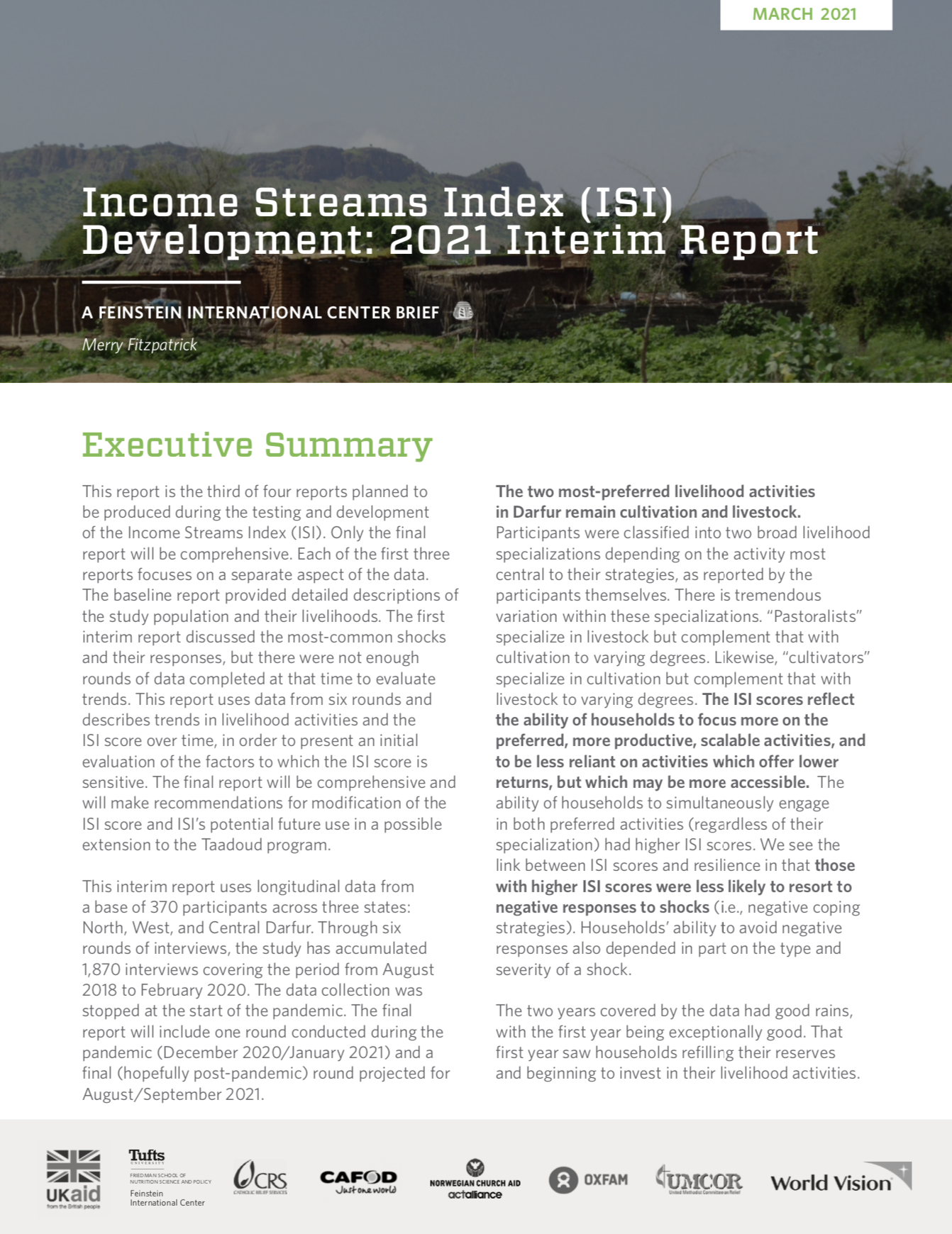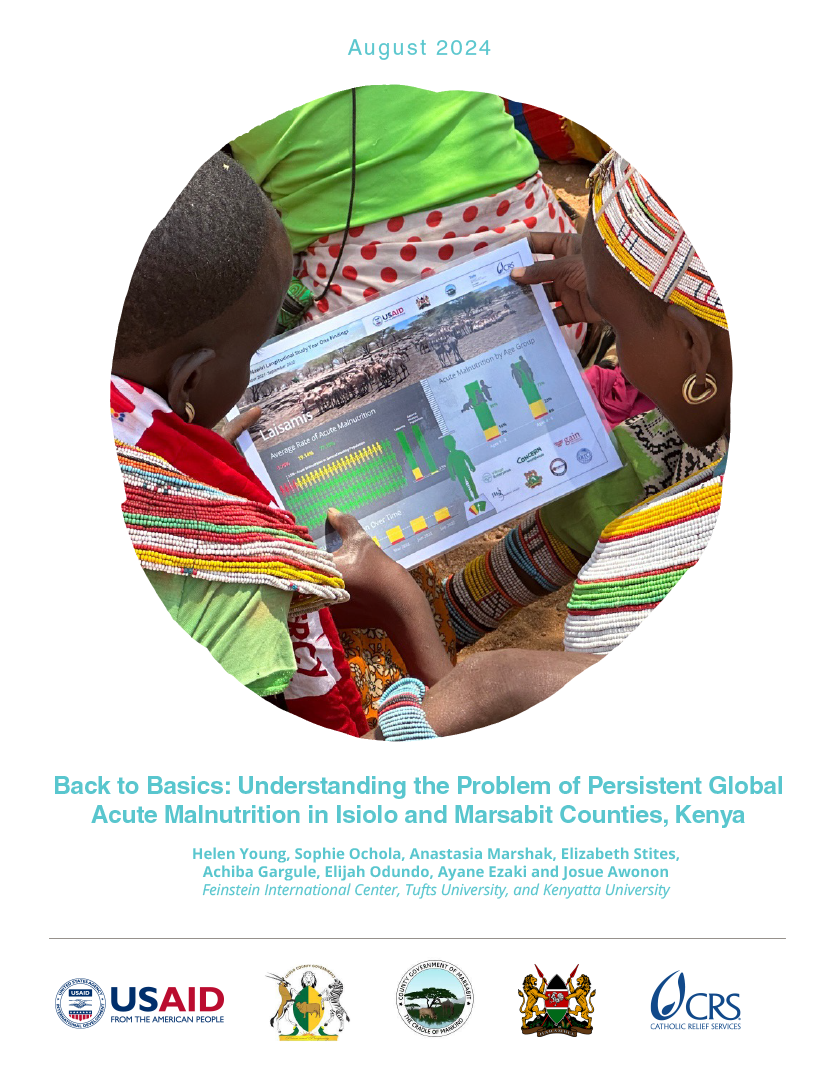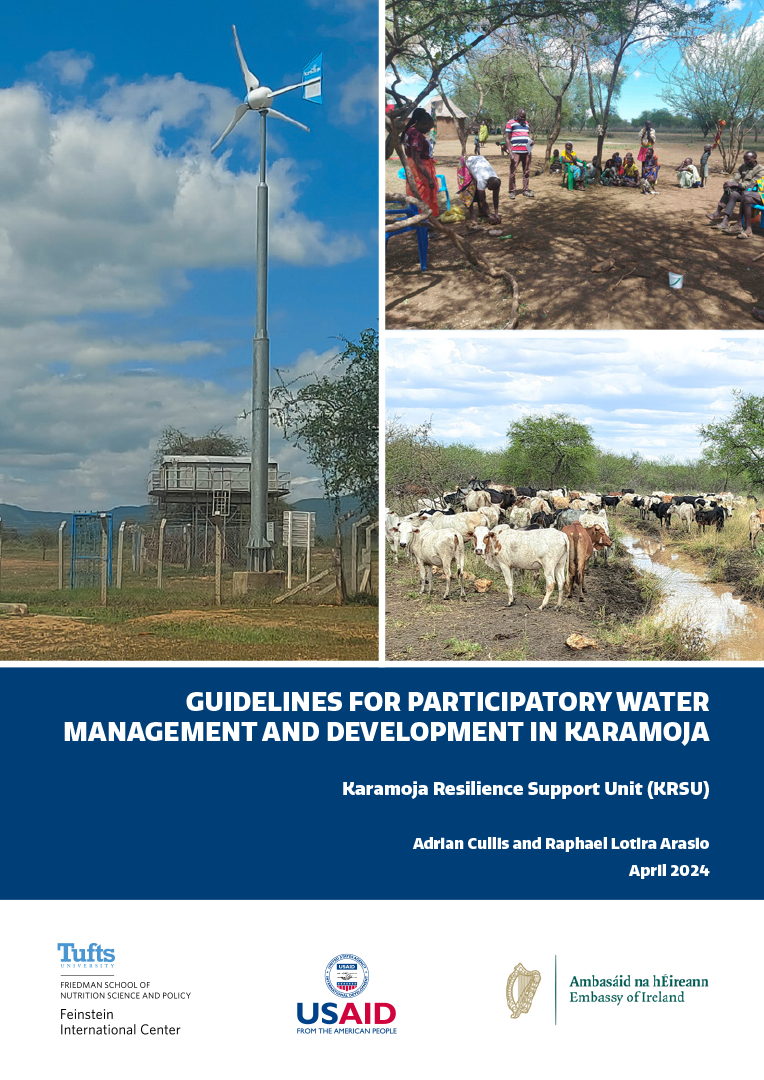The Income Streams Index (ISI) is a measure of one aspect of resilience that is being developed and refined through a three-year longitudinal panel study embedded in the Taadoud program. This is the third of four reports planned to be produced during the ISI development. This report uses data from six rounds of data collection and describes trends in livelihood activities, correlating them with ISI scores over time. The ISI score reflects the ability of households to focus more on the preferred, more productive, scalable activities, and to be less reliant on activities which offer lower returns, but which may be more accessible. The study finds that those households with higher ISI scores were less likely to resort to negative responses to shocks, though the ability of a household to respond to a shock also depends on the type and severity of a shock. Complementing both livestock and cultivation increases resilience, but gains in resilience are being eroded by inflation. Overall, the performance of the ISI as a partial measure of resilience is promising.







